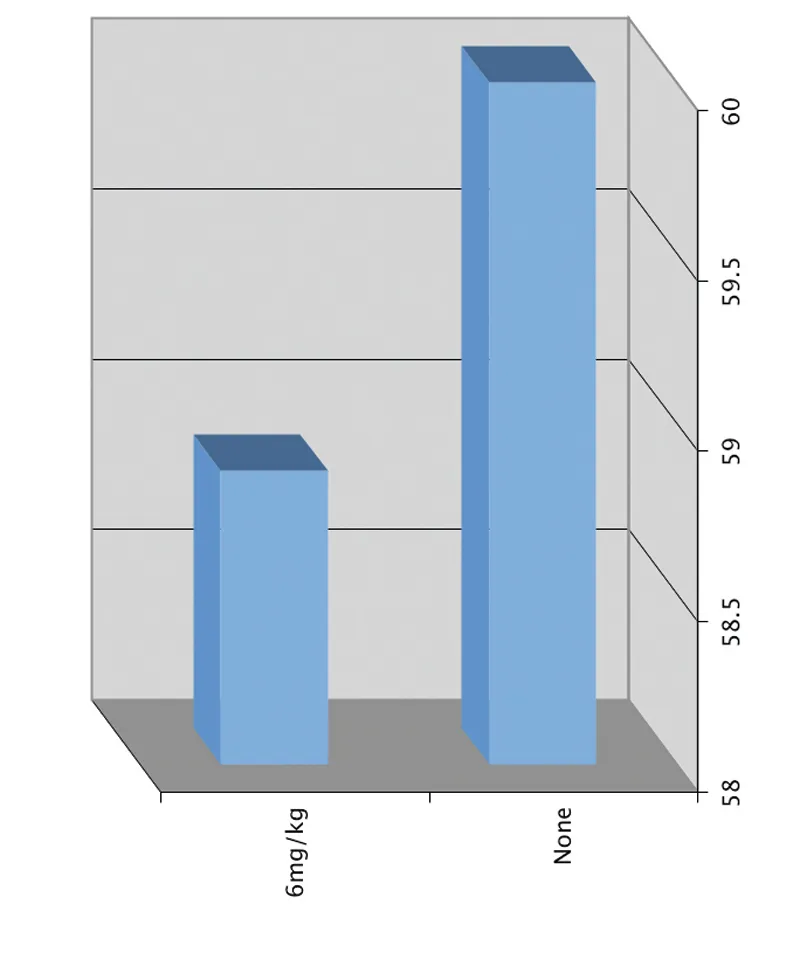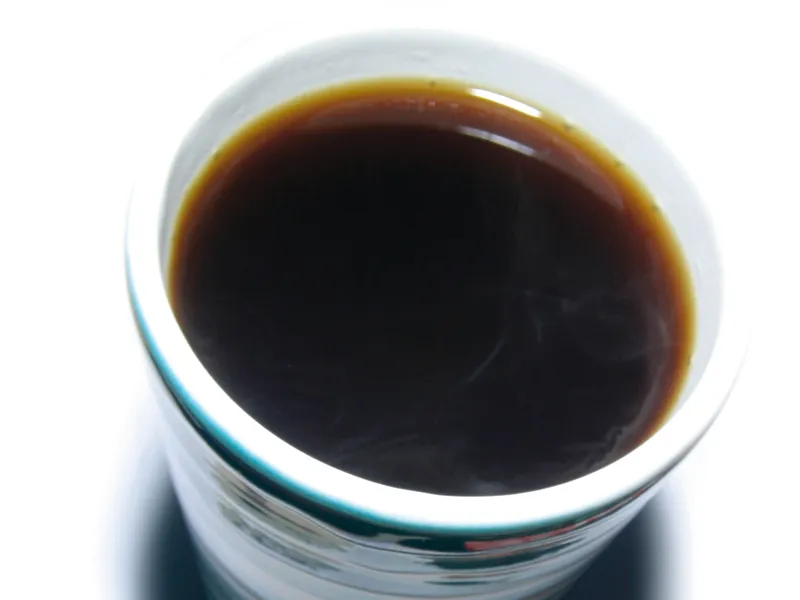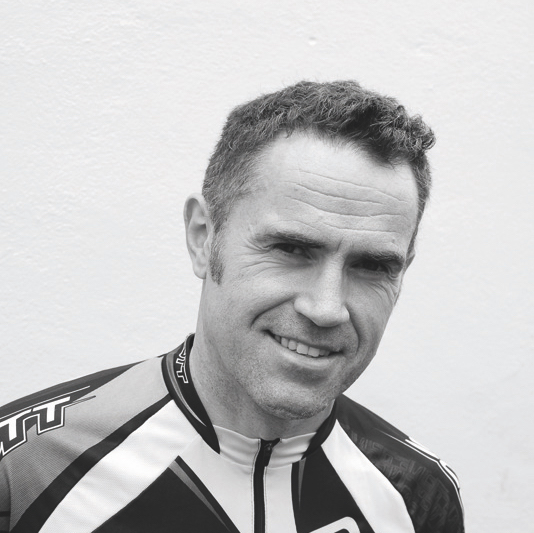Caffeine is the obvious choice for the cyclist looking for that extra few percent. Millions drink coffee and tea to give them a morning ‘jolt’ so why not use it pre-ride to get some extra metres on your mates or blast to a PB?
Sounds logical so far but some of the ‘waking up effect’ that people report (or rely on) is psychosomatic – many teas contain negligible caffeine yet people claim they need two to get out the front door. The jolt is probably the warmth of the drink rather than the caffeine. However, put the focus on exercise testing and caffeine gets the thumbs up here’s why…
Meta Analysis
Two sports scientists, Mike Doherty and Paul Smith, based at University of Luton recently looked at the sum of caffeine studies over the past 30 years in order to find if (1) what effect caffeine may have, (2) if certain scenarios make caffeine appear to work better and (3) if other factors like fitness, caffeine use or timing made any significant effect.
They included 40 studies in all, covering over 400 subjects and using doses from 3 to 13mg/kg! However, the ‘average’ of the studies used 6mg/kg, 60 minutes beforehand with subjects keeping off caffeine for two days beforehand.
Delving through the massive statistical analysis they undertook the results showed that caffeine did indeed have an effect of around 12% improvement. But, rather than thinking you will get 12% faster and rushing out for the ProPlus, the actual results are skewed in favour of ‘ride-until-you-drop’ studies that show caffeine can improve your endurance by 25%.
By contrast short term high intensity efforts have about 1-3% improvement. So their data suggests that depending how you measure the effect caffeine can come out as superb or at the least a worthwhile helping hand.
They suggest a 60 minute 40km time could drop by an average of 1.14 minutes (see graph), for some it would be better than for others. Although few of the studies are in the ‘real world’ the data still suggest that in high intensity efforts or when you may tire and need to keep going the caffeine jolt is useful.
When studying swimmers competing in an event typically taking around 21 minutes other researchers working 13 years ago found that 6mg/kg of caffeine improved performance by 23 seconds or 1.8% [2]. But research data is not always positive – data from distance runners completing a race in hot conditions over 85mins showed no improvements with doses up to 9mg/kg [3]. That’s a whopping dozen ProPlus for me with no effect but probably a wired day and not much sleep this side of 3am…

The graph shows potential time saving by using caffeine over a 40km ride: the graph shows potential time saving by using caffeine over a 40km ride
Get it right
However, the meta analysis [1] suggests that athletes of no particular level of fitness appear to gain any more than any other. Timing of administration is probably best in the 60 to 120 minute zone and around 6mg/kg but I have found that many have effects as low as 3 to 4mg/kg.
It’s not a crutch to rely on or get addicted to but when you are going long it could make a big boost in ride endurance. If you’re also looking for an extra jolt to propel you to a PB then it can form part of a logical ‘stack’ that includes base building, interval work, build-up races, full-on aerodynamic set-up and correct warm up.
In fact another recent study [2] from the informative International Journal of Sport Nutrition and Exercise Metabolism (Human Kinetics) has found that even if you drink a cup of coffee it does not affect the positive impact of caffeine tablets.
This ‘negative’ effect had been suggested by some but it appears that this research gives the okay and you can stack a cup of coffee with your pro plus and not lose the effect if you wish. But, as you get the full effect from anhydrous caffeine and coffee could upset some peoples stomachs pre-race it may be better to drop the coffee and just have the tablets in the 4-8mg/kg range. So choose your caffeine source and have a faster summer. Who likes slow?
REFERENCES
[1] Doherty, M. & Smith, P.M. (2004) Effects of caffeine ingestion on exercise
testing: a meta analysis. Int. J. Sport Nutrition & Exerc. Meta. 14(6): 626-646.
[2] MacIntosh, B.R. et al (1995) Caffeine ingestion and performance of a
1,500 metre swim. Can. J. Appl. Physiol. 20(2): 168-177.
[3] Cohen, B.S. et al (1996) Effects of caffeine ingestion on endurance racing
in heat and humidity. Eur. J Appl. Physiol. 73: 358-363.
[4] McLellan, T.M. & Bell, D.G. (2004) The impact of prior coffee consumption
on the subsequent ergogenic effect of anhydrous caffeine. Int. J. Sport
Nutrition & Exerc. Meta. 14(6): 698-708.


